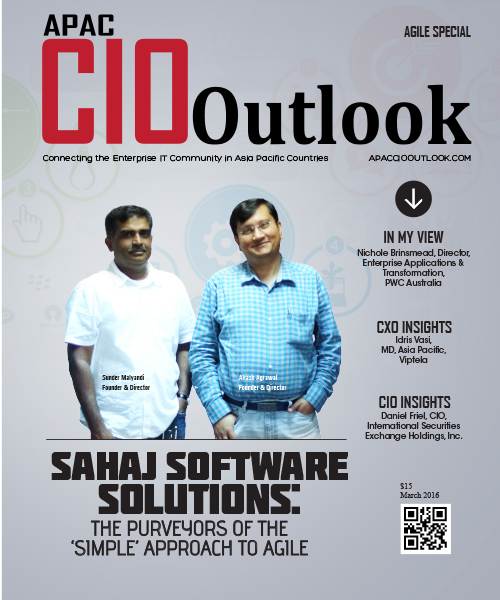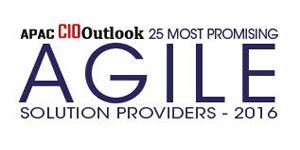Going by Standish Group’s famous CHAOS Report of 2000, 25 percent of all projects fail outright due to ineffective software deployments. The report also pointed out how crucial the management of projects is for businesses to reach its pre-set objectives. Adapting to any project management software comes handy here. Today, there exist innumerable project management software following different methodologies. However, each development methodology is unique in itself, with its own strength and limitations.
As one of the leading methodologies, Agile software development provides continuous feedback and support to the teams during every phase of the product development cycle. Agile practices encourage transparency and visibility—the crucial aspects of any project. Agile provides multiple opportunities to every stakeholder before, during, and after each project cycle. Agile enhances the stakeholders understanding of the product deeper and allows them to deliver higher quality product. The iterative nature of Agile methodologies encourages check at every step while enabling benefits to be realised early on in the product development cycle. The advantages such as increased speed to market, transparency, high quality, visibility, cost effectiveness and customer satisfaction further encourages corporate IT’s to deploy agile software.
Given how integral agile software development has become in successful project execution, enterprises must tread cautiously when selecting an Agile consultant. The editorial team at APAC CIOoutlook has critically evaluated a slew of service providers and handpicked few vendors on the basis of their technical expertise as well as their business understanding prowess. This particular issue of APAC CIOoutlook unveils some of these organizations that have been able to deliver phenomenal results year-after-year by joining forces with their clients.










































